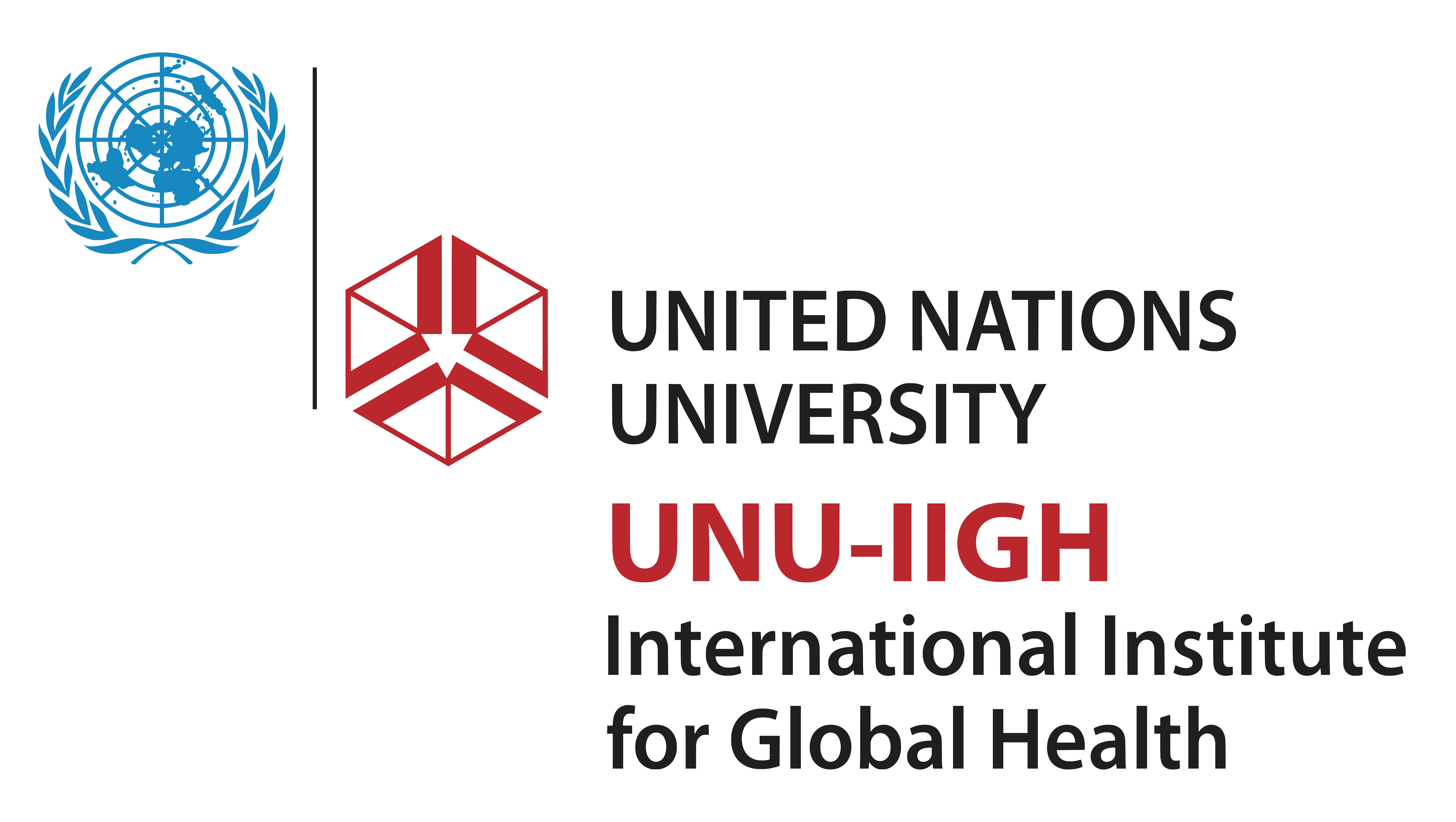Functionality
The online platform provides a searchable and user-friendly database of policies and interventions that can be searched by region, country, sector, intervention type, population group, and Sustainable Development Goal (SDG).
For each country, the EPIC tracker provides a list of policies and interventions that have been introduced in response to COVID-19 across sectors, including timestamps to enable the development of a timeline of policy responses and their duration. UNU-IIGH will use these data to compile and update country profiles.
The EPIC tracker enables comparisons of responses across countries, and it will soon support the visualization of where specific policies have been or are being introduced with a heat world map.
To enable better visualization and use of the data, the EPIC tracker will soon be linked to other data sources, such as epidemiological and health system data on COVID-19 statistics, as well as data on other related indicators that become available (e.g. reported cases of domestic violence).
Examples of how to use the EPIC tracker
Policy and intervention options
One size cannot fit all in responding to this pandemic, and there is insufficient time to wait for evidence on effective policies and interventions to make decisions. Policy-makers, as well as the advocates and civil society who need to inspire and influence government policy-makers, can use the EPIC tracker to consider and draw from the measures being taken in other countries, especially those with social, health system, cultural and economic commonalities.
Assessing direct and indirect impacts
The EPIC tracker will provide data that can be used to assess policy impacts and conduct a range of policy-relevant analyses. Below are a few examples:
